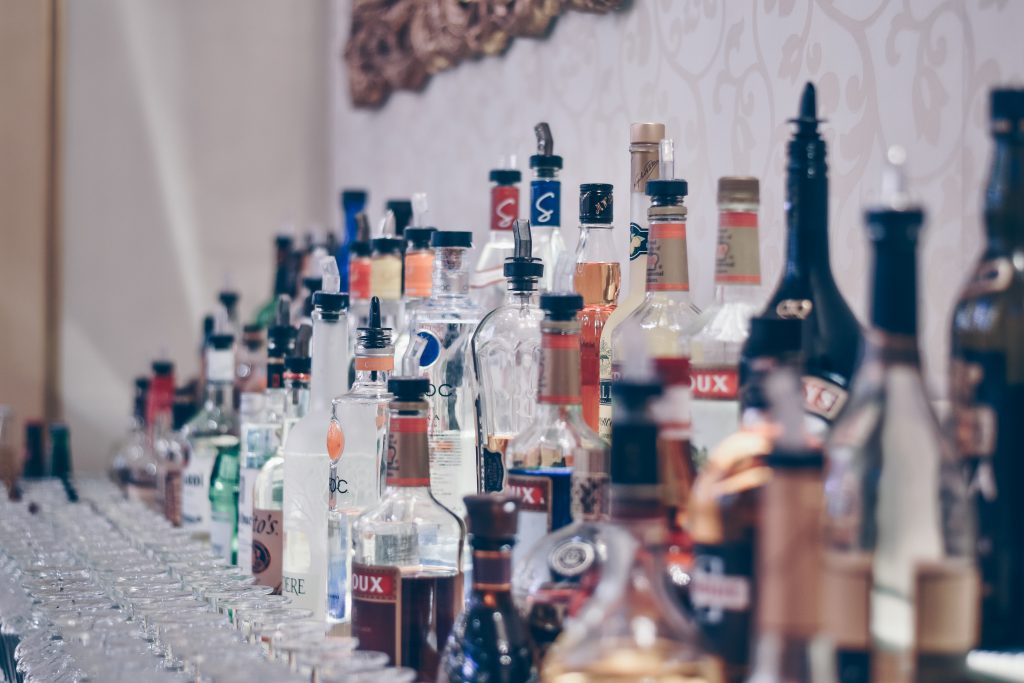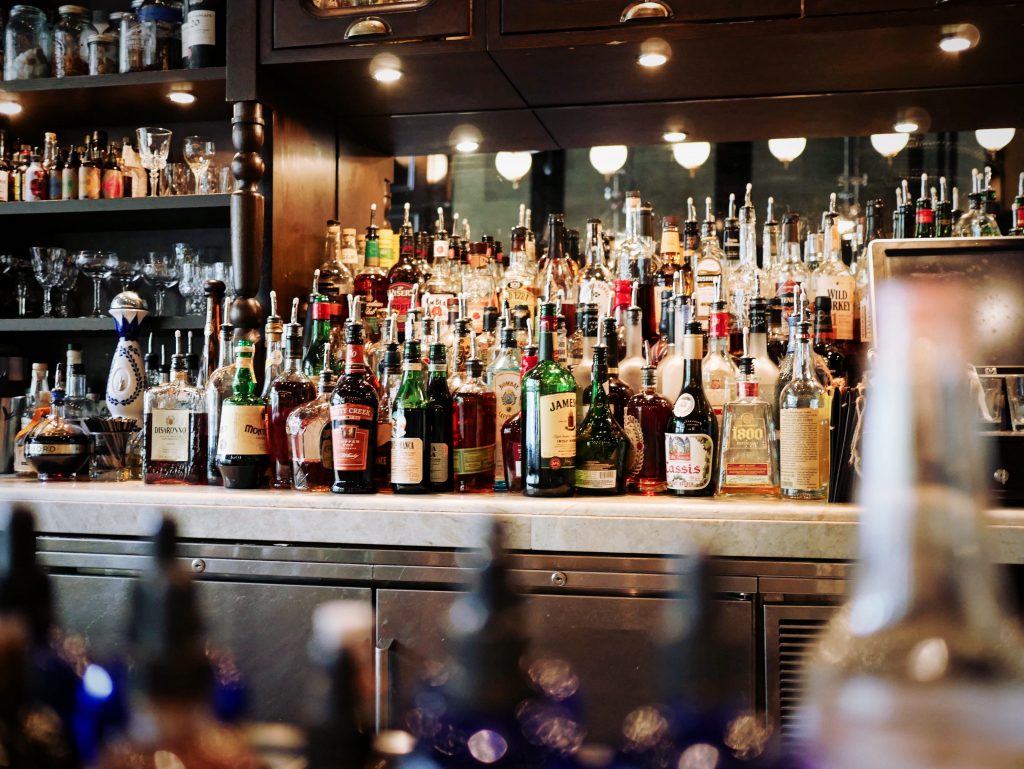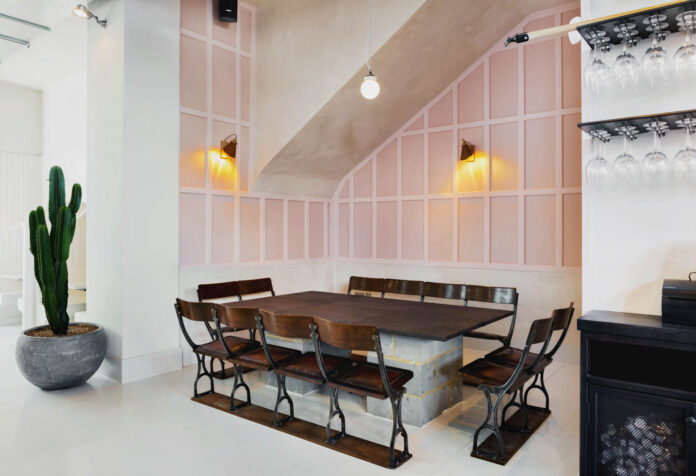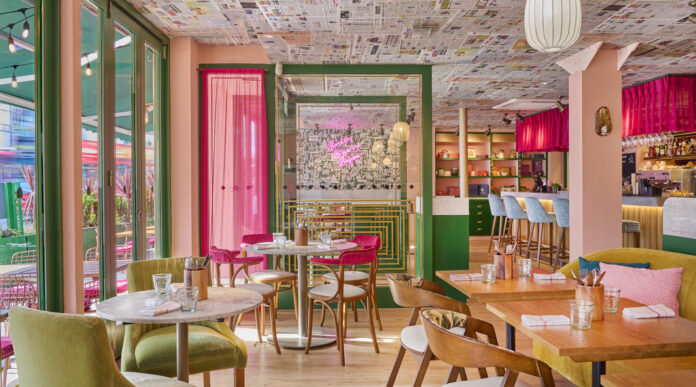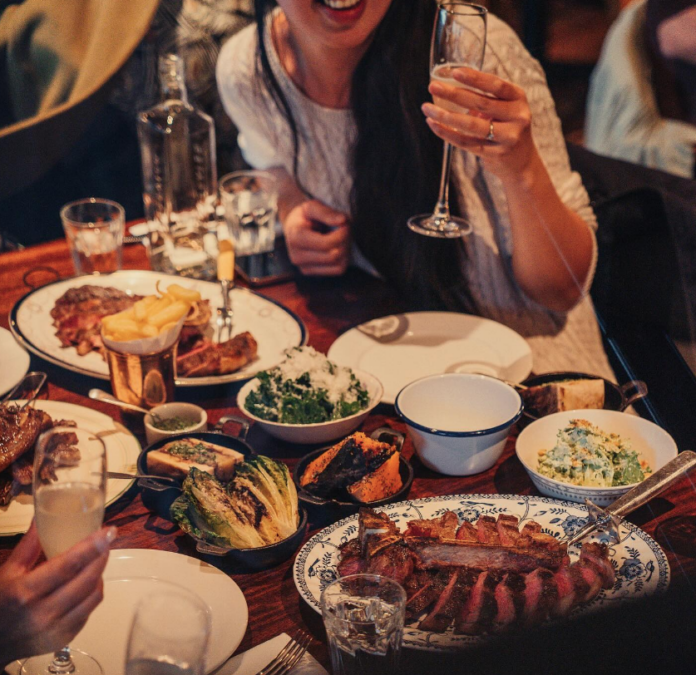We’ve all been there. Staring out the office window, hump day barely ascending, and wondered whether this is all life has to offer. The daydream of course goes deeper, and always seems to settle on the same happy ending; owning your own pub, restaurant or pop-up bar. For those who don’t want to wake up, but who genuinely wish to make this a reality, it’s important first to get your head around the basics. And if you’re going to sell booze anywhere, then you’re going to need a licence. So to help clear few things up, like the clarity felt when your Saturday morning hangover finally lifts, we’ve teamed up with Flogas, a UK gas installation supplier for businesses, to give you our IDEAL beginner’s guide to alcohol licensing.
SELLING ALCOHOL: THE BASICS
Whether it’s England, Wales, Scotland or Northern Ireland, if you want to sell or supply alcohol then you must have a licence to do so. If not, you run the risk of prosecution and punishment. Such legal permission is authorised by the licensing authority in the area where your business is housed, usually your local council. This legislation is overseen by the Home Office, and is defined is as follows:
- Businesses that sell or supply alcohol on a permanent basis, such as pubs, need to apply for a premises licence.
- Those who plan to authorise the sale of alcohol must apply for a personal licence, alongside the premises licence, if they are also the owner of the business in that premises.
DOCUMENTATION AND APPLICATION
The process isn’t too complicated, but you will need to fill out an application form and pay a fee to the local council. As well as the local authority, you will also have to send your application to the police and other responsible authorities; these responsible authorities can include:
- The primary care trust (PCT) or local health board (LHB)
- Local trading standards
- Planning authority
- Environmental health authority
- Local fire and rescue
- Any other licensing authority in whose area part of the premises is located.
PREMISES LICENCING
So, this particular licence will cover alcohol sales within any premises, whereby premises are defined as a vehicle, vessel, or moveable structure. To successfully apply for this licence, you’ll be asked a series of questions including the following:
- Overall information concerning the premises, like the address.
- Your details as an applicant.
- The operating schedule, including the date you want the licence to begin.
- Licensable activities you plan to undertake. You should also indicate what days and times you want the licence to be active from. This also includes the provision of regulated entertainment, such as indoor sporting events, live music and recorded music.
- Under the new licensing laws, you should also stipulate who you wish to be the designated premises supervisor (DPS).
- Your business’ opening hours.
- How you intend to encourage the four key licensing objectives, which are: the prevention of crime and disorder, public safety, the protection of children from harm, the prevention of public nuisance.
- The planning of the premises and any marketing on or around the premises that you wish to use.
FURTHER INFORMATION FOR THE BUSINESS OWNER
If you’re thinking about a pub setting then it’s vital to know that your general staff do not need a personal licence, but your pub does need to have a personal licence-holding premises supervisor.
If you’re planning to be the owners of the premises licence, then you also need to be the personal licence holder if the business is yours too. Furthermore, anyone who works in a pub should be authorised to do so by the personal licence holder.
Before applying for this licence, be aware that it is designed to make sure that anyone managing or running the pub is doing so professionally.


